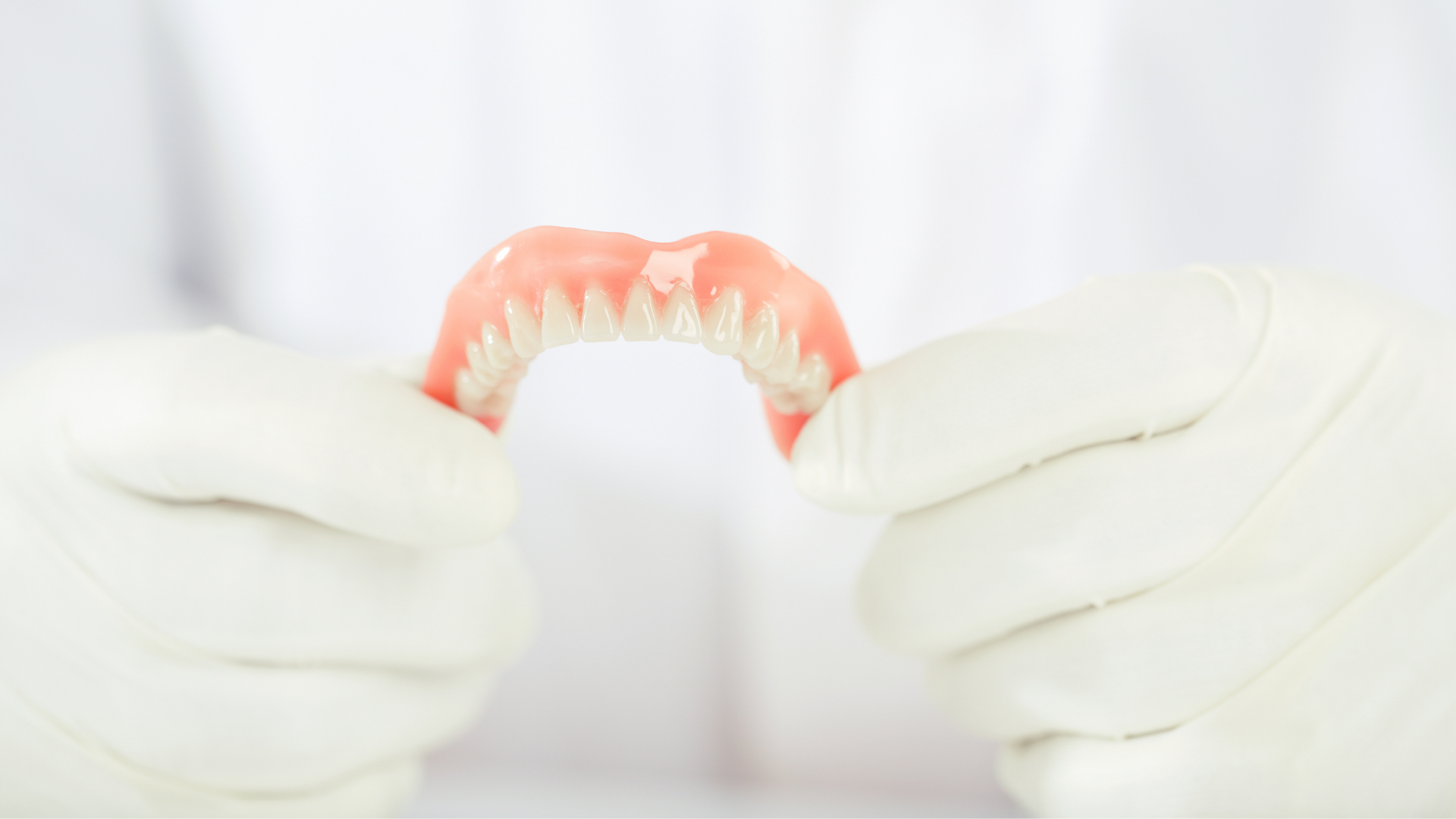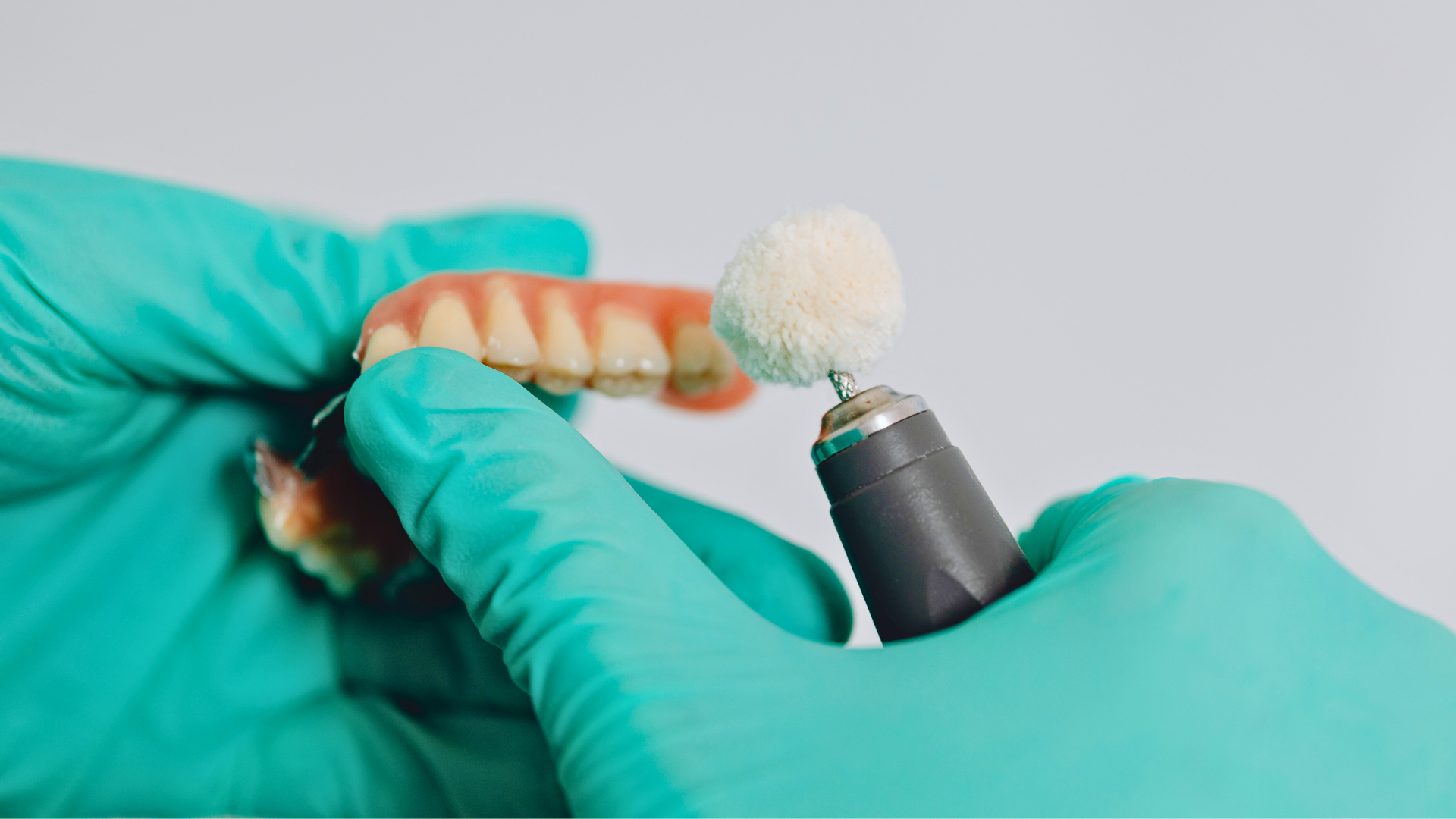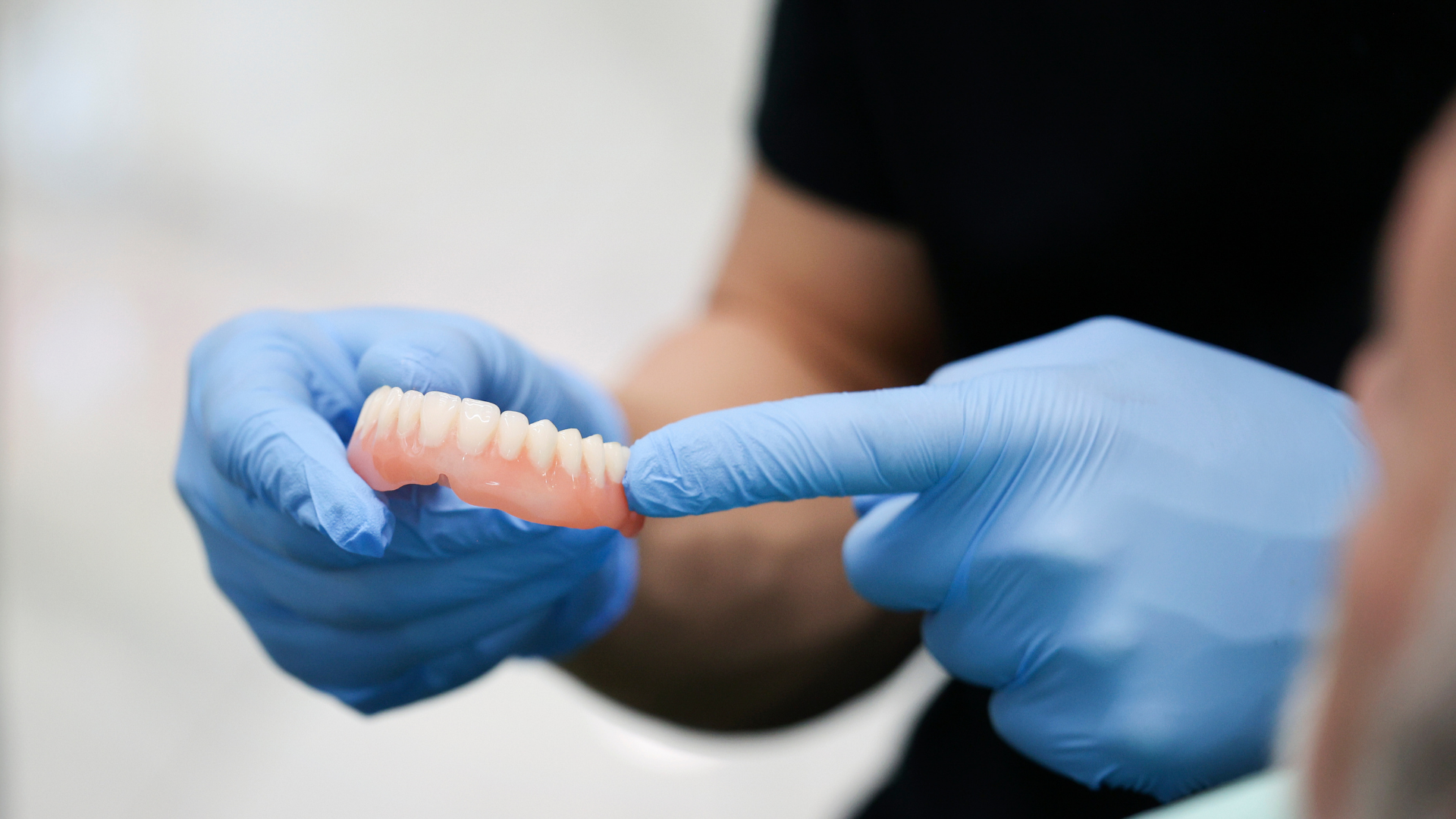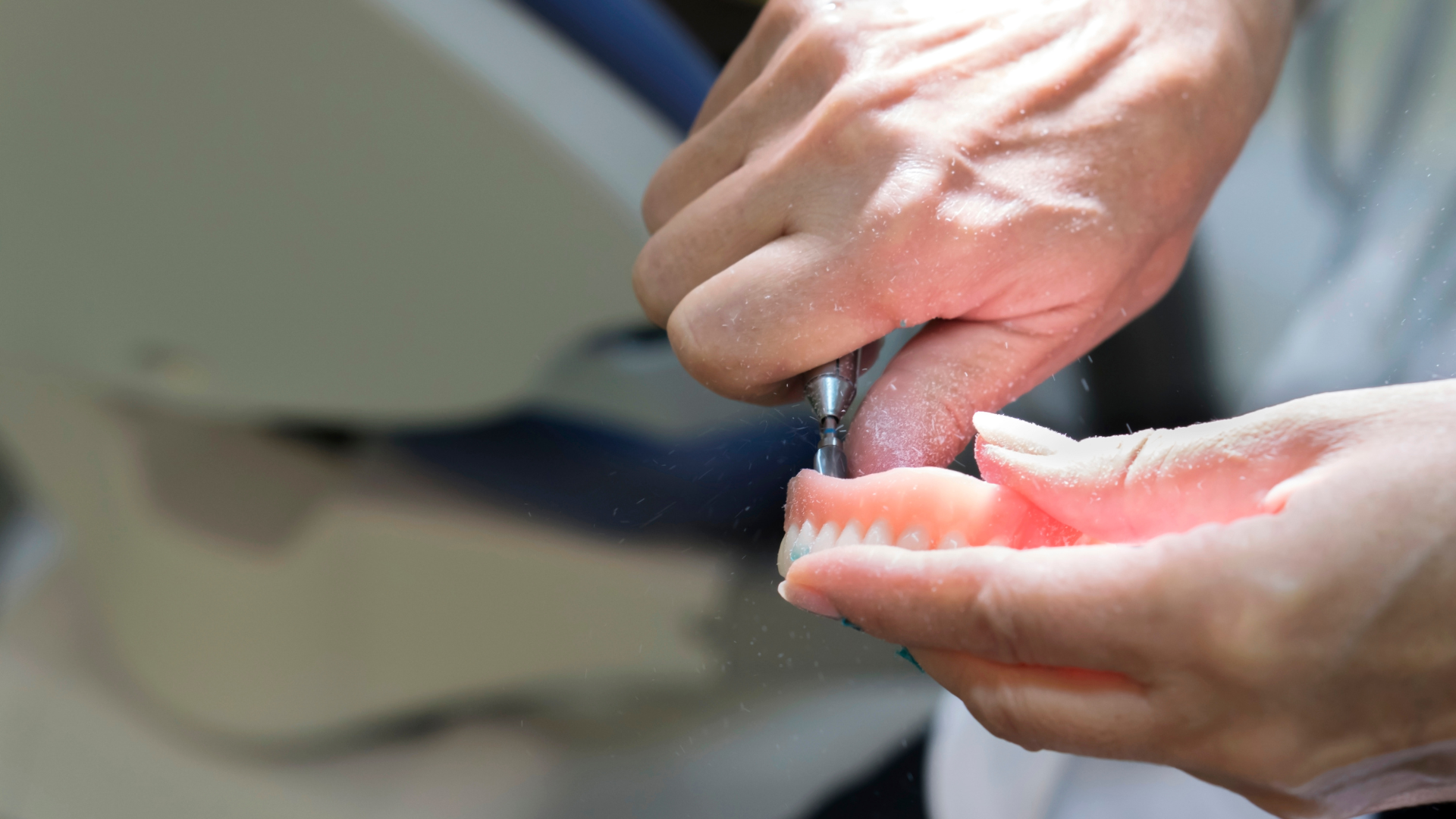by Sullivan Denture Centre
•
30 September 2025
Facing tooth extraction can be a daunting prospect, but for many, it's also a necessary step towards a healthier, more confident smile. If you're considering or have been recommended immediate dentures, you're likely wondering what to expect in the days and weeks following your extractions. At Sullivan Denture in Surrey, British Columbia, we're here to guide you through this process. The Immediate Denture Process: A Seamless Transition The concept behind immediate dentures is right there in the name: they are custom-made dentures inserted immediately after your natural teeth are extracted. This means you won't have to spend much time without teeth, allowing you to maintain your appearance and chewing function from day one. Here's how it generally works: Initial Impressions : Before your extractions, our expert denturist will take precise impressions of your mouth. These impressions are crucial for creating a denture that fits your unique oral anatomy. Denture Fabrication : Using these impressions, your immediate dentures are meticulously crafted to match the aesthetics and function of your natural teeth, or to achieve your desired new smile. Extraction and Insertion : On the day of your tooth extractions, your dentist will remove the necessary teeth. Immediately afterward, our dentist will insert your new dentures. This acts as a protective bandage for your gums, helping to control bleeding and swelling. Follow-up Appointments and Adjustments : This is a critical phase. As your gums heal and the swelling subsides, your mouth will change shape. You may need follow-up appointments with our denturist for adjustments, relines, or potentially soft liners to ensure a comfortable and stable fit. This is a normal and expected part of the immediate denture journey. The Advantages of Choosing Immediate Dentures Immediate dentures offer several significant benefits for patients undergoing tooth extractions: Maintained Appearance : Perhaps the most immediate advantage is that you never have to go without teeth. This can be a huge boost to your confidence, allowing you to smile and speak without hesitation. Continued Function : While you'll need to start with soft foods, immediate dentures allow you to begin adapting to chewing and speaking with dentures right away, preventing a sudden disruption to your daily life. Protection for Healing Gums : The immediate denture acts as a "bandage," helping to protect the extraction sites and reduce bleeding and swelling during the initial healing phase. Easier Adaptation : Some patients find it easier to adapt to dentures when they are placed immediately, as it allows for a more gradual transition rather than a sudden change. Understanding the Limitations While immediate dentures offer fantastic advantages, it's also important to be aware of their limitations: More Adjustments Required : As your gums heal and shrink, your immediate dentures will become loose and require more frequent adjustments, relines, or soft liners. This is a temporary but necessary part of the process. Initial Discomfort : It's normal to experience some discomfort, soreness, and difficulty with speaking and eating in the initial days. This improves with time and adjustments. Compromised Initial Fit : Because the dentures are made before the extractions, the initial fit may not be as precise as conventional dentures made after complete healing. This is why regular adjustments are so important. Temporary Solution (Often) : Immediate dentures often serve as a transitional appliance. Once your gums have fully healed (typically 6-12 months), a new, more permanent conventional denture can be fabricated for an optimal, long-term fit. Your Partner in Denture Care At Sullivan Denture in Surrey, BC, we are committed to providing you with the highest quality denture care and support. We understand that the journey with immediate dentures involves a period of adjustment, and our compassionate team is here to ensure your comfort and answer all your questions. If you're considering immediate dentures or have recently had extractions, don't hesitate to reach out to us. We're here to help you achieve a healthy, beautiful smile.










